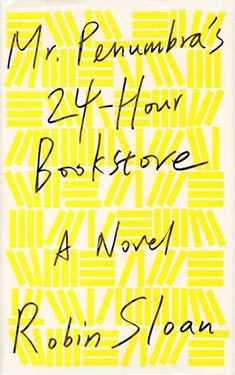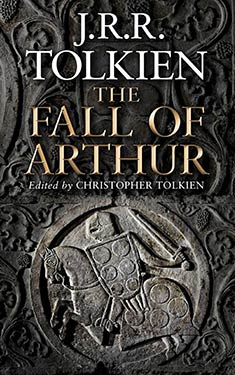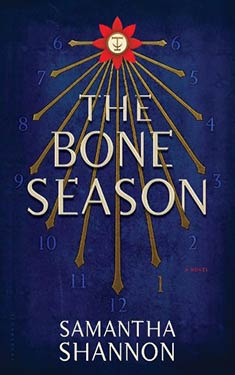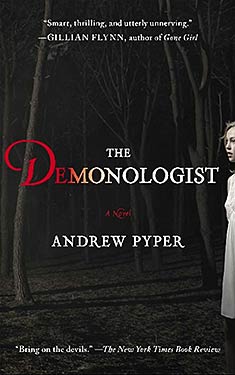Robin Sloan
Completed 9/18/2015, Reviewed 9/19/2015
4 stars
After reading a heavy Tolkien tome, I needed something
fun. “Mr Penumbra” fit the bill
perfectly. It’s a light romp through
secret societies, ancient books, and Google.
Clay has been laid off from his web designer job and finds work at a
twenty-four hour bookstore. But it is no
ordinary bookstore. It has a quirky
owner and quirkier clientele who check out odd old tomes with unintelligible
text. He quickly becomes obsessed with
the books bringing in modern technology to unravel the mystery. Soon he is in the midst of a 500 year old
secret society that might have the key to immortality.
The best thing about this book is that it is fun. Clay is a 20-something who just kind of fell
into his last tech job. When that job
goes away, he’s rather directionless. A
lot of people should be able to relate him because he’s reminiscent of those of
us in the techie biz not knowing what to do next when one job goes away, and
wishing we could just work in a bookstore or a coffeeshop. Then when you do, you get intimately involved
with it because you love it. I myself
had that experience when I got laid off from a great IT job and went to work at
a coffeeshop. That ended up being my
favorite job ever.
On a deeper level, the story is an obvious metaphor for the
conflict between traditional and digital books.
There are people who love the feel and smell of a book, who love to go
to a library or bookstore and walk among the stacks. While I’ve taken to the e-reader (I’m
unintentionally ironically reading this on one), there’s still nothing like the
feeling of finishing a book and sitting with it in your hands as you ponder the
experience you just had with it. But
like the album and the 8-track tape, books are probably doomed. However, once digitized, there’s so much more
that can be done with it, as even Mr. Penumbra finds out.
At its heart it’s simply an enjoyable read. It’s sort of like “The DaVinci Code” without
the cheese and melodrama and a little more YA oriented. I found it only dragged a little near the
beginning when the author spent a little too much time talking about Google,
but it does figure greatly in the rest of the story. I was going to give this book three stars,
but had to go with four to correctly reflect how much fun the adventure
is.



